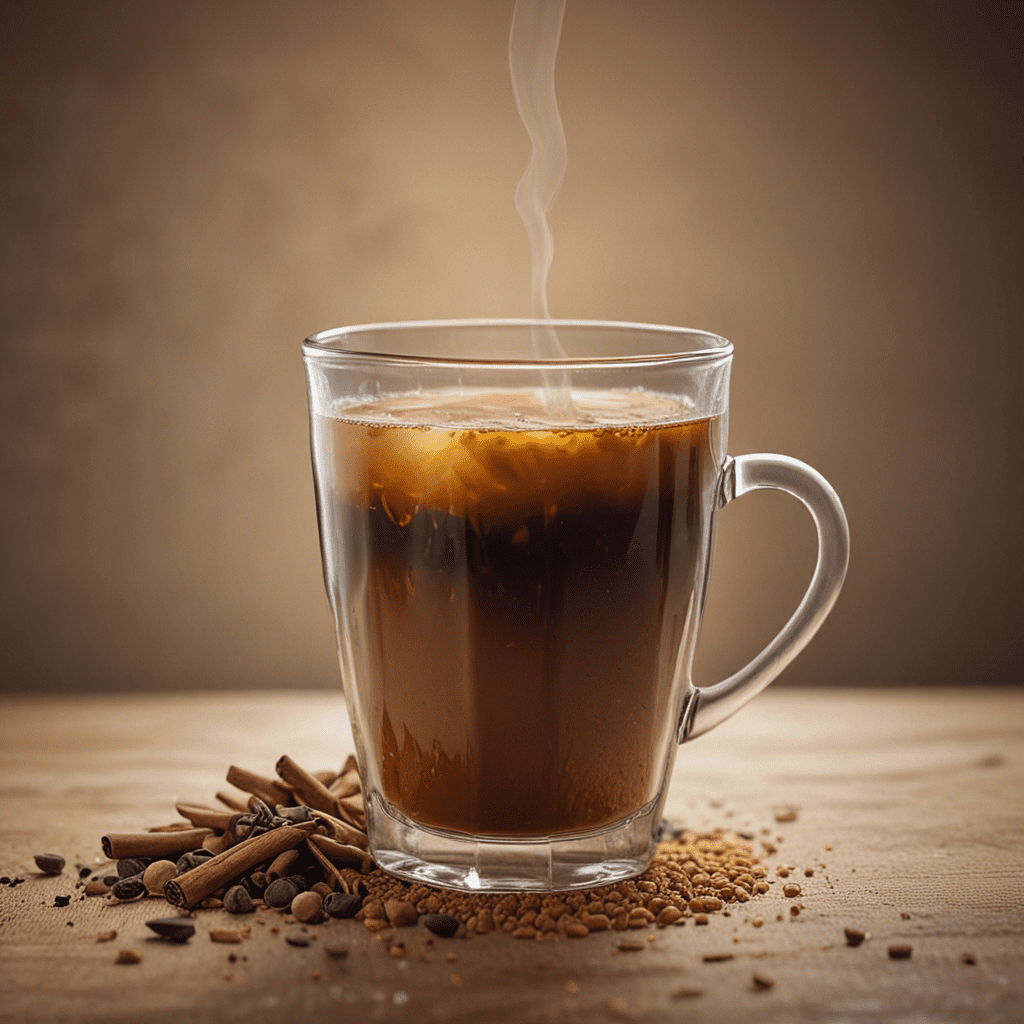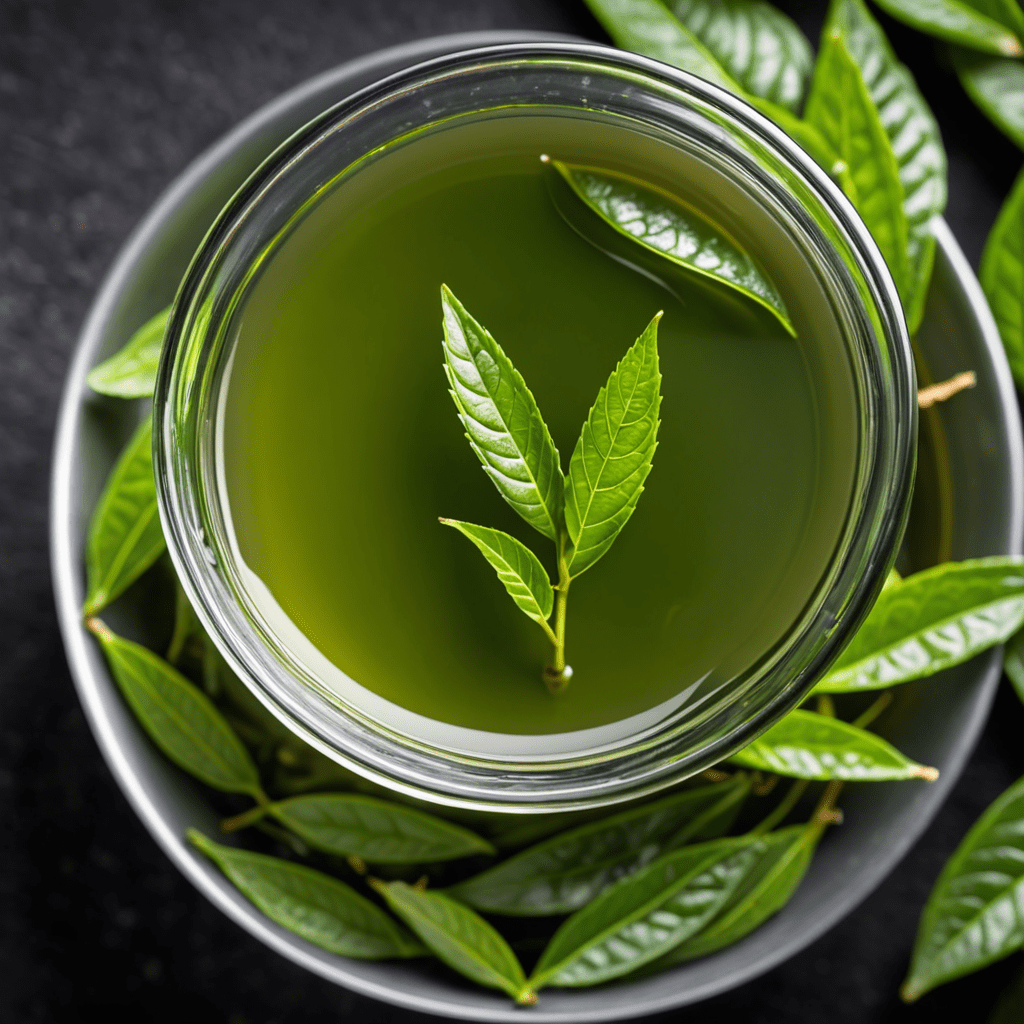Introduction to Chai Tea
Chai tea is a delicious and aromatic beverage with a rich history and cultural significance. Originating in India, chai tea is a blend of black tea, spices, and milk. It is traditionally prepared by simmering black tea leaves with a mixture of spices, such as cardamom, cinnamon, ginger, cloves, and black pepper. Milk and sugar are then added to create a warm and comforting drink.
Ayurvedic Principles and Chai Tea
Ayurveda is an ancient Indian system of medicine that emphasizes the balance of the body, mind, and spirit. According to Ayurveda, chai tea is a sattvic beverage, meaning it promotes clarity, balance, and well-being. The spices in chai tea are believed to have various healing properties, and the combination of black tea and milk is said to balance the doshas, or energies, of the body.
The Healing Properties of Chai Tea
Chai tea is rich in antioxidants, which can help protect the body from damage caused by free radicals. It is also a good source of caffeine, which can boost energy levels and improve cognitive function. The spices in chai tea have various health benefits, including:
- Cardamom: Aids digestion and reduces inflammation
- Cinnamon: Lowers blood sugar levels and improves insulin sensitivity
- Ginger: Reduces nausea and vomiting, and has anti-inflammatory properties
- Cloves: Have antibacterial and antiviral properties
- Black pepper: Enhances nutrient absorption and improves digestion
Balancing the Doshas with Chai Tea
According to Ayurveda, the body is composed of three doshas: vata, pitta, and kapha. When the doshas are in balance, the body is healthy and functioning properly. However, when the doshas become imbalanced, health problems can occur. Chai tea can be used to balance the doshas and promote overall well-being.
Chai Tea for Vata Dos
Chai Tea for Vata Dosha
Vata dosha is characterized by air and space elements. People with a vata imbalance may experience anxiety, insomnia, and dry skin. Chai tea can help to balance vata dosha by providing warmth and grounding. Spices such as cardamom, cinnamon, and ginger are particularly beneficial for vata doshas.
Chai Tea for Pitta Dosha
Pitta dosha is characterized by fire and water elements. People with a pitta imbalance may experience irritability, inflammation, and digestive issues. Chai tea can help to balance pitta dosha by providing cooling and soothing effects. Spices such as fennel, coriander, and rose petals are particularly beneficial for pitta doshas.
Chai Tea for Kapha Dosha
Kapha dosha is characterized by earth and water elements. People with a kapha imbalance may experience lethargy, congestion, and weight gain. Chai tea can help to balance kapha dosha by providing stimulating and warming effects. Spices such as black pepper, ginger, and cloves are particularly beneficial for kapha doshas.
Traditional Chai Tea Recipe
To make traditional chai tea, you will need:
- 1 teaspoon black tea leaves
- 1 cup water
- 1/2 cup milk
- 1/2 teaspoon ground cardamom
- 1/4 teaspoon ground cinnamon
- 1/4 teaspoon ground ginger
- 1/8 teaspoon ground cloves
- Sugar to taste (optional)
Combine the black tea leaves and water in a saucepan. Bring to a boil, then reduce heat to low and simmer for 5 minutes. Add the milk and spices and simmer for an additional 5 minutes. Strain the tea into a cup and add sugar to taste, if desired.
Modern Variations of Chai Tea
There are many modern variations of chai tea. Some popular variations include:
- Almond milk chai: Use almond milk instead of cow's milk for a dairy-free option.
- Pumpkin spice chai: Add pumpkin puree and pumpkin pie spice to your chai tea for a seasonal twist.
- Green tea chai: Use green tea leaves instead of black tea leaves for a lighter and more refreshing chai tea.
- Decaf chai tea: Use decaf black tea leaves for a relaxing chai tea that you can enjoy before bed.
Conclusion: Chai Tea's Role in Ayurveda
Chai tea is a delicious and versatile beverage that can be enjoyed by people of all doshas. The spices in chai tea have various healing properties, and the combination of black tea and milk is said to balance the doshas and promote overall well-being. Whether you enjoy it as a morning pick-me-up or an evening relaxant, chai tea is a healthy and flavorful way to improve your health and well-being.
FAQ
Q: What is the difference between chai tea and masala chai?
A: Chai tea and masala chai are essentially the same thing. Masala chai simply means "spiced tea" in Hindi.
Q: Can I make chai tea without milk?
A: Yes, you can make chai tea without milk. Simply omit the milk from the recipe and add an extra 1/2 cup of water.
Q: How long can I store chai tea?
A: Chai tea can be stored in the refrigerator for up to 3 days.

